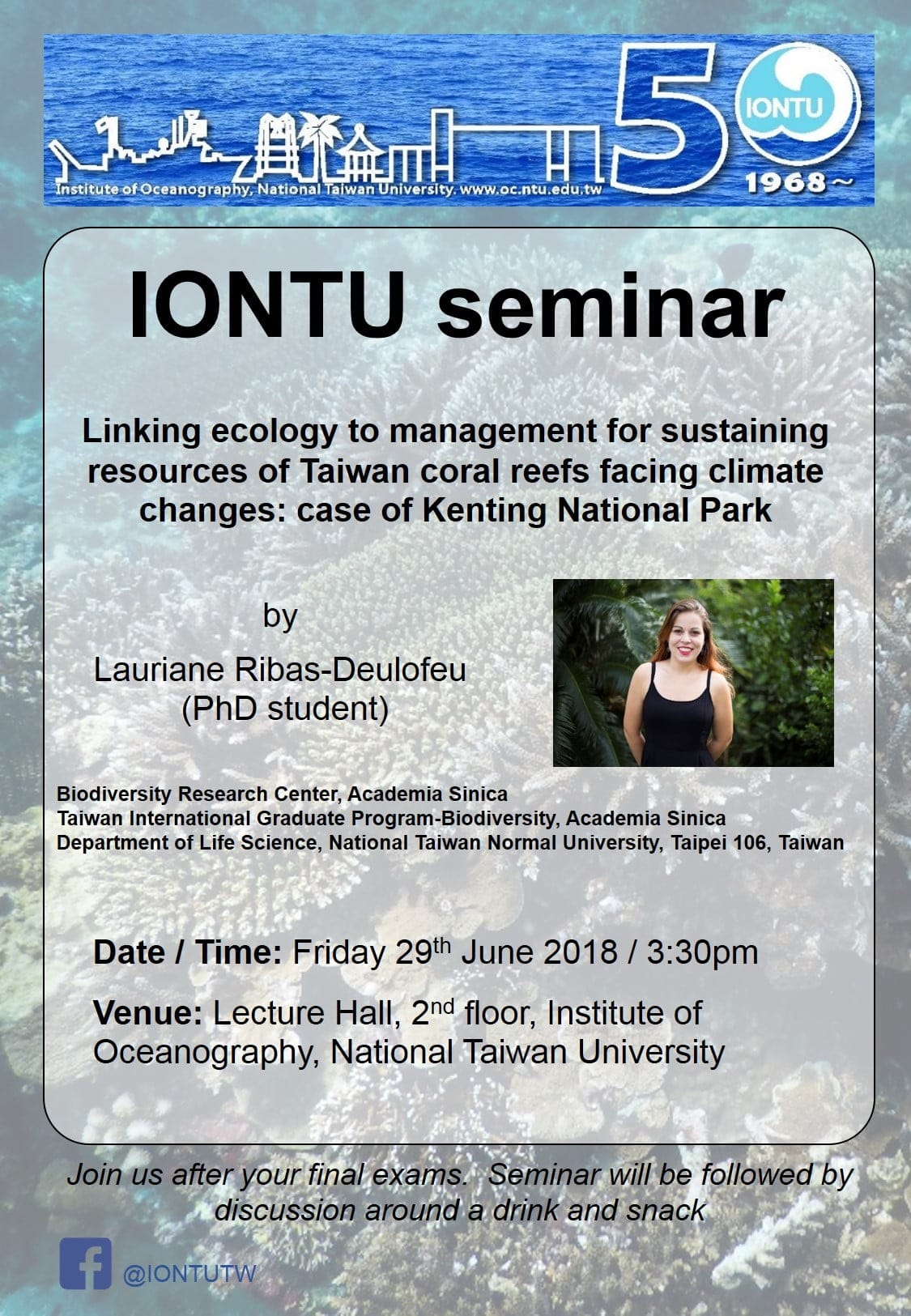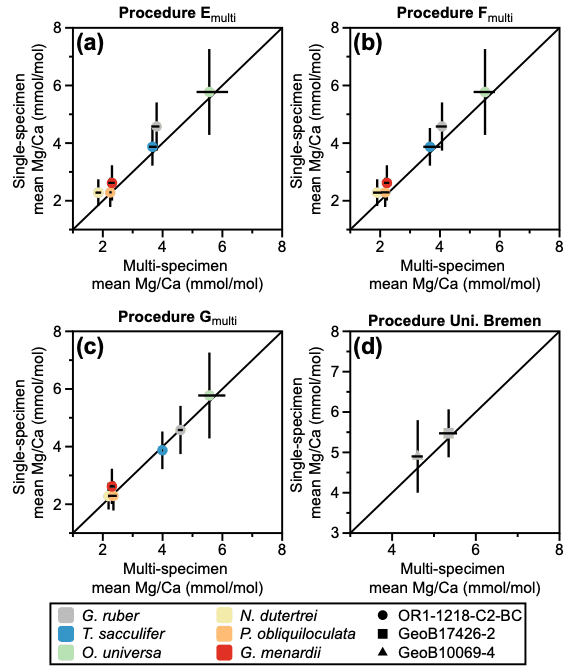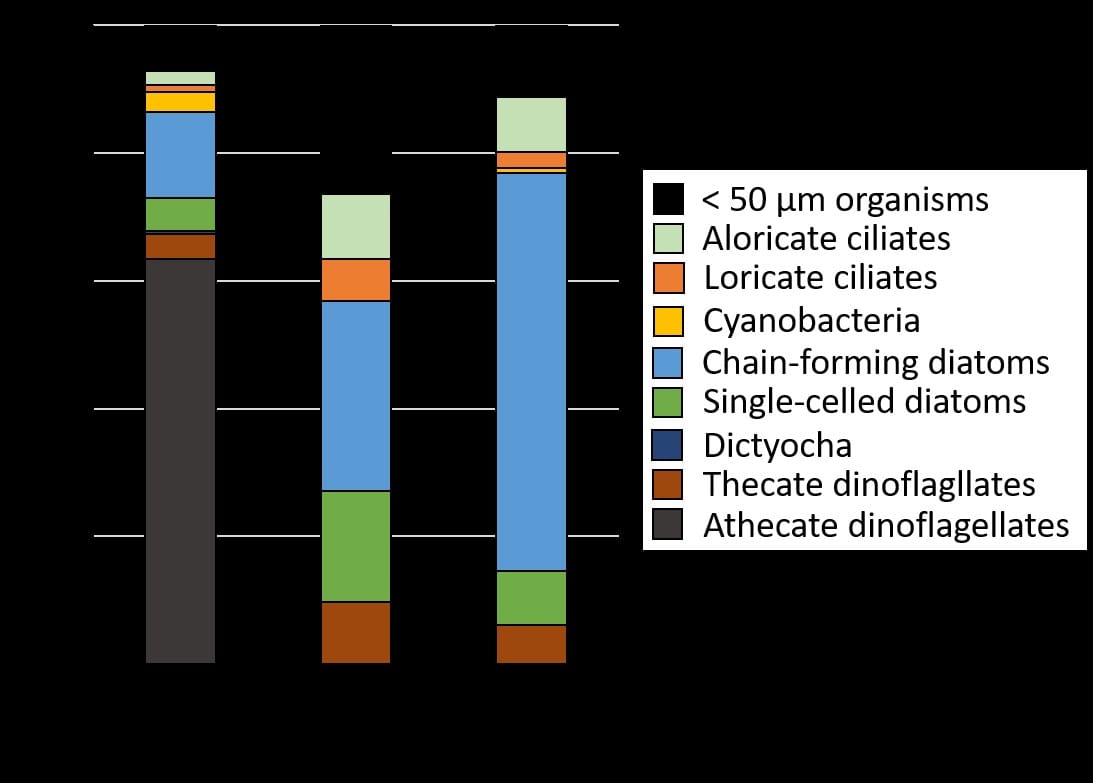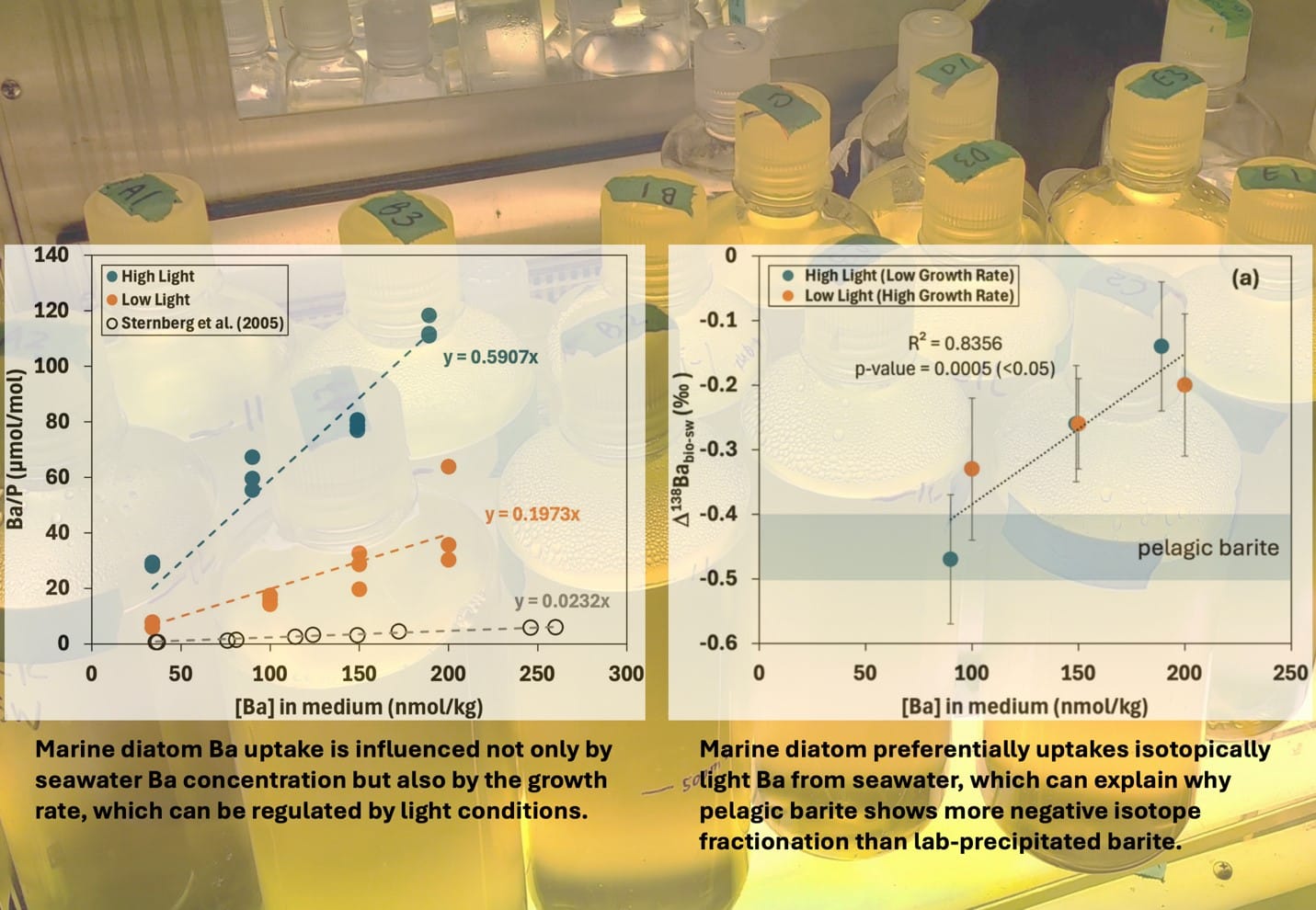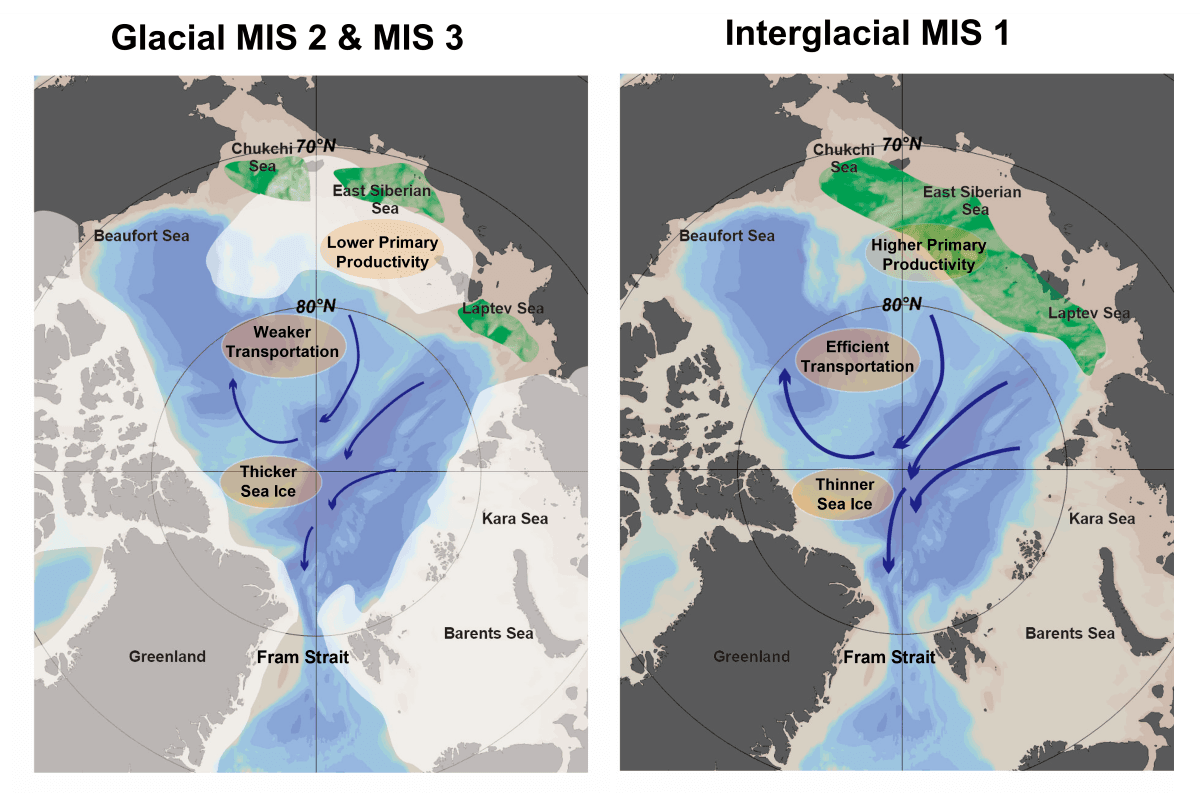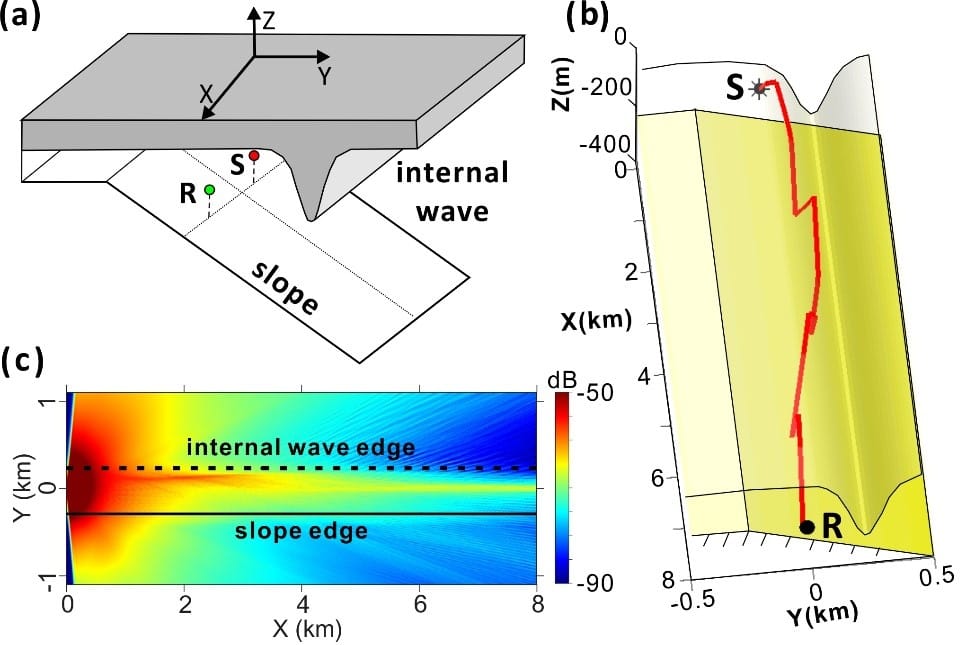講者:Lauriane Ribas-Deulofeu (PhD student, Biodviersity Research Center, Academia Sinica)
題目:Linking ecology to management for sustaining resources of Taiwan coral reefs facing climate changes: case of Kenting National Park.
時間:6月29日(五) 15:30~17:00
地點:海洋所2樓大講堂
摘要:
Kenting National Park (KNP) was created in 1985 to enforce conservation of terrestrial and marine diversity in Southern Taiwan. Despite the implementation of MPAs, many reefs within KNP are now severely degraded under increasing natural and anthropogenic disturbances. Conciliating growing socioeconomic demands with ecological conservation represents a challenge to durably sustain coral reefs. Here, we developed a transdisciplinary approach using socio-ecological surveys and ecosystem modeling to identify keys levers and their impacts on the reefs of the KNP.
Benthic and fish communities were surveyed over a 5-year period, with seasonal surveys in 2015-2017 to assess the effects of punctual disturbances such as typhoons and bleaching events. State and response of communities were related to water quality surveys including watersheds to identify origins of land-based pollution. Eventually, stakeholders were interviewed about their acceptance of different management strategies. Socio-ecological data were then integrated into our model to explore several management strategies.During the 2014-2017 global bleaching event and despite a high bleaching alert, KNP reefs showed negligible bleaching which contrasted with patterns at a worldwide scale. Our environmental data shows that typhoons played a key role in releasing heat stress and protected Taiwanese reefs from severe bleaching. However following major typhoons in 2016, KNP also showed an important shift toward macro-algae dominated states. Between 2015 and 2017, macro-algae coverage increased from 5.2% to 21.1% and hard coral decreased from 29% to 23.8%. Stress-tolerant corals such as encrusting and massive species constituted 61.3% to 68.3% of the coral coverage while critical species for reef growth and complexity (branching, foliose and tabulate species) contribution decreased from 25.9% to 18.3% of the coral assemblage.
Fish biomasses in KNP (8.6t/km2) are similar to over-fished reefs in Philippines (6.8t/km2). Water quality surveys reveal localized nutrient and sedimentation inputs, mostly related to cropland. These could strengthen the shift toward algae and precipitate the collapse of the ecosystem. Interviews showed that younger and higher educated classes have stronger willingness to pay for policy reinforcements, capacity control regulations, and the establishment of park entrance fees than older generations.All those results were integrated together in our socio-ecological model.
This model combines a surface runoff model with a spatial-explicit Ecopath model developed to simulate ecosystem dynamics under nutrient enrichment, fishing, and tourism pressures as well as climate change. Eventually, this project will deliver concrete and valuable recommendations for a sustainable management of KNP coral reefs and their resources.

